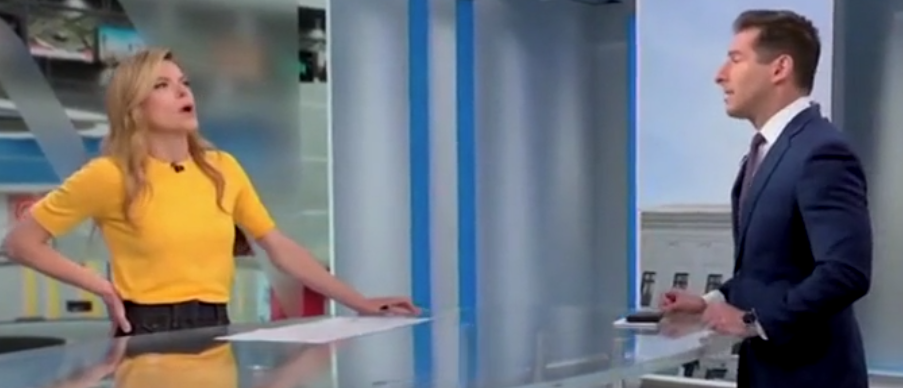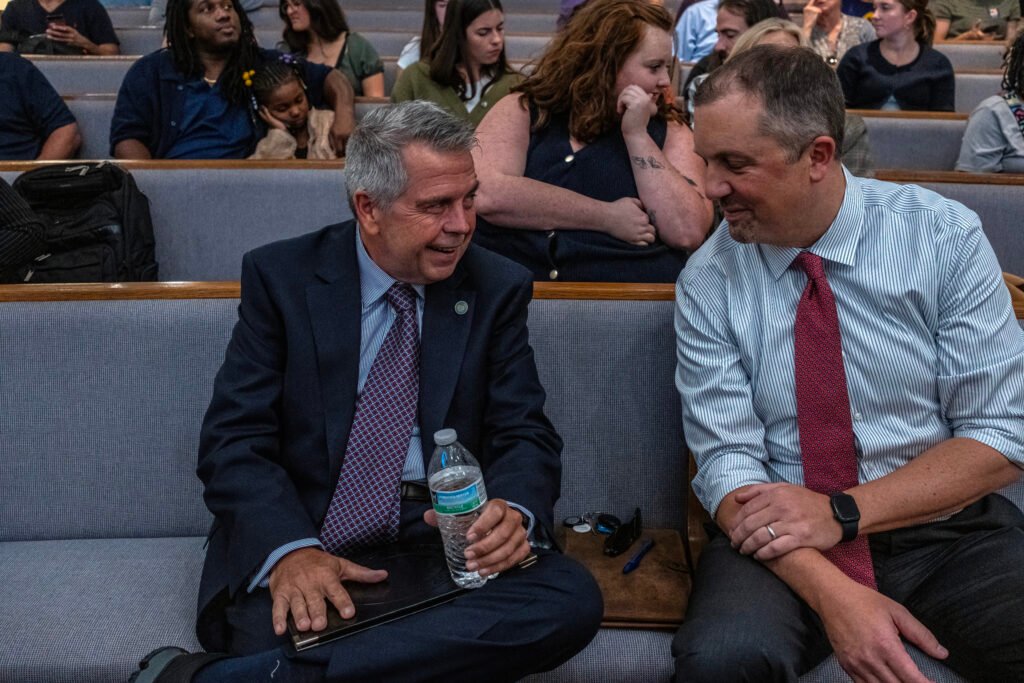Conflicting Birthright Citizenship Laws Possible After Supreme Court Decision
On Monday, CNN’s senior legal analyst, Elie Honig, caught anchor Kate Bordan off guard by discussing the potential for differing state laws regarding birthright citizenship following a recent Supreme Court ruling. The Court’s decision, which came down 6-3 on Friday, indicated that lower courts may have overstepped their bounds by enacting a nationwide suspension of President Donald Trump’s proposed restrictions on birthright citizenship.
Honig pointed out the confusion surrounding the ruling, mentioning that the Supreme Court did not address the constitutionality of Trump’s restrictions. Bordan noted the significance of this, asking what implications it could have for the ongoing debate over birthright citizenship.
“They haven’t really tackled the birthright citizenship question directly,” Honig explained. He highlighted that 22 states have filed lawsuits challenging Trump’s limits, which could lead to inconsistent laws across these states.
Bordan expressed her surprise at the thought of 22 states potentially having different rules for birthright citizenship. “Really?!” she exclaimed.
Honig further clarified that within the states involved in the lawsuits, there could be a singular set of rules, whereas the states not contesting the issue might have an entirely different framework.
Bordan described this prospect as “wild,” to which Honig agreed. “It’s wild. This complexity means that we’re in a gray area until the Supreme Court makes a definitive decision. For instance, a child born in New Jersey could be considered a citizen, while a child born in Pennsylvania, just across the river, might not hold the same status despite similar circumstances,” he remarked.
Trump’s executive order, issued on January 20, aims to redefine citizenship for children of undocumented immigrants and those on temporary visas. The Trump administration is currently appealing several lower court rulings that have blocked this order from taking effect. They’re urging the Supreme Court to restrict district judges’ authority to impose nationwide injunctions against federal policies.







